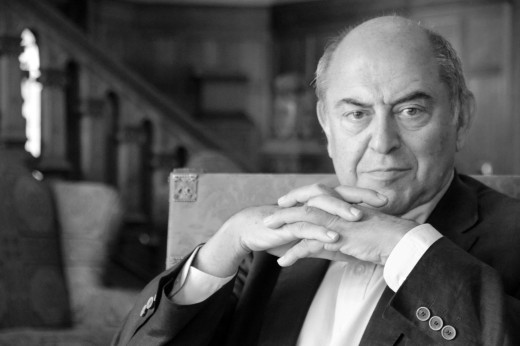The Passion of Power. Theory and Practice of Domination
Original title: La pasión del poder. Teoría y práctica de la dominación
Power does not only provoke reaction, it also causes attraction and many intellectuals— Plato, Hegel, Nietzsche, Heidegger, Ortega and Foucault, among others— have felt intensely attracted. But, according to the author, there is also power inherent in sex and love, in the family, religion and in work. Power is camouflaged by magic and secrecy: that’s why it’s difficult to understand its reach and strategies. The important thing, the ancient wise men used to say, is not your actual power, but the strength that your enemies perceive within you. Following his systematic intellectual project, the José Antonio Marina has elaborated a discourse about power and its consequences. Why do we desire power so much? How do we achieve it? How do we lose it? By concentrating on politics, like the most powerful (Augustus, Mohammed, the Renaissance lords, the papery, Napoleon, Hitler, Churchill, Stalin, Roosevelt, Kennedy, Rockefeller, the multinationals)? Who is actually in charge in the world? The classical philosophers never explained the phenomenon of obedience. Maybe within us all there is a hidden tendency towards submission that lives alongside our need for freedom?
Power does not only provoke reaction, it also causes attraction and many intellectuals— Plato, Hegel, Nietzsche, Heidegger, Ortega and Foucault, among others— have felt intensely attracted. But, according to the author, there is also power inherent in sex and love, in the family, religion and in work. Power is camouflaged by magic and secrecy: that’s why it’s difficult to understand its reach and strategies. The important thing, the ancient wise men used to say, is not your actual power, but the strength that your enemies perceive within you. Following his systematic intellectual project, the José Antonio Marina has elaborated a discourse about power and its consequences. Why do we desire power so much? How do we achieve it? How do we lose it? By concentrating on politics, like the most powerful (Augustus, Mohammed, the Renaissance lords, the papery, Napoleon, Hitler, Churchill, Stalin, Roosevelt, Kennedy, Rockefeller, the multinationals)? Who is actually in charge in the world? The classical philosophers never explained the phenomenon of obedience. Maybe within us all there is a hidden tendency towards submission that lives alongside our need for freedom?
